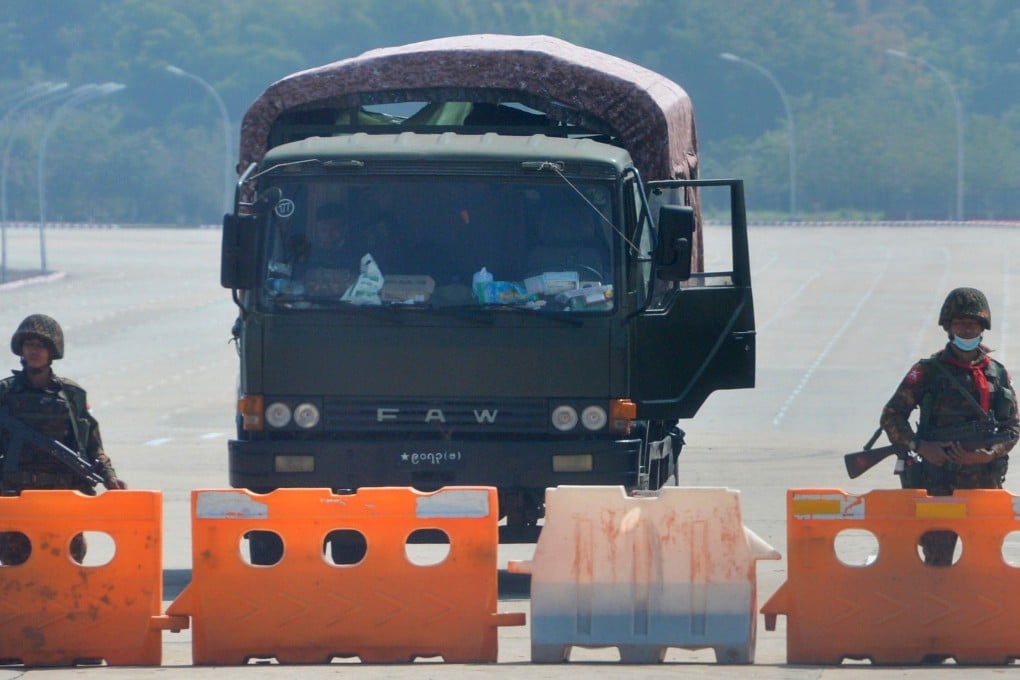Editorial | Myanmar on path to greater uncertainty
- Country in the grip of a health and economic crisis needs stability, not a coup and the detention of its de facto leader, Aung San Suu Kyi

The military had cried foul over an election in November that gave Suu Kyi’s National League for Democracy (NLD) control of parliament. Rejecting election commission claims the vote was clean, the coup came on the day lawmakers were to have taken their seats, and troops pledged fresh polls would be held in a year. It rolls back the clock on years of political reforms to gradually usher in democracy, returning the NLD leader to detention and the army to a position it held for more than 50 years. It creates obvious domestic, regional and international concern.
Myanmar failed to live up to its potential under previous military regimes, growth and development being hampered by self-serving generals. Beijing has offered hope, supported by the China-friendly policies of Suu Kyi’s government, through its Belt and Road Initiative that includes development of an economic corridor, deep-sea port, special economic zone, major expansion of the largest city, Yangon, and high-speed rail and other infrastructure. China, Myanmar and the region will jointly benefit.
President Xi Jinping strengthened ties with Myanmar during a visit in January last year that marked the 70th anniversary of relations. Chinese support came at a crucial time, with Suu Kyi’s government widely criticised internationally for its handling of religious unrest that prompted 700,000 Rohingya Muslims to flee to neighbouring Bangladesh. Myanmar needs stability to overcome its numerous serious challenges; the coup only creates more unpredictability.
